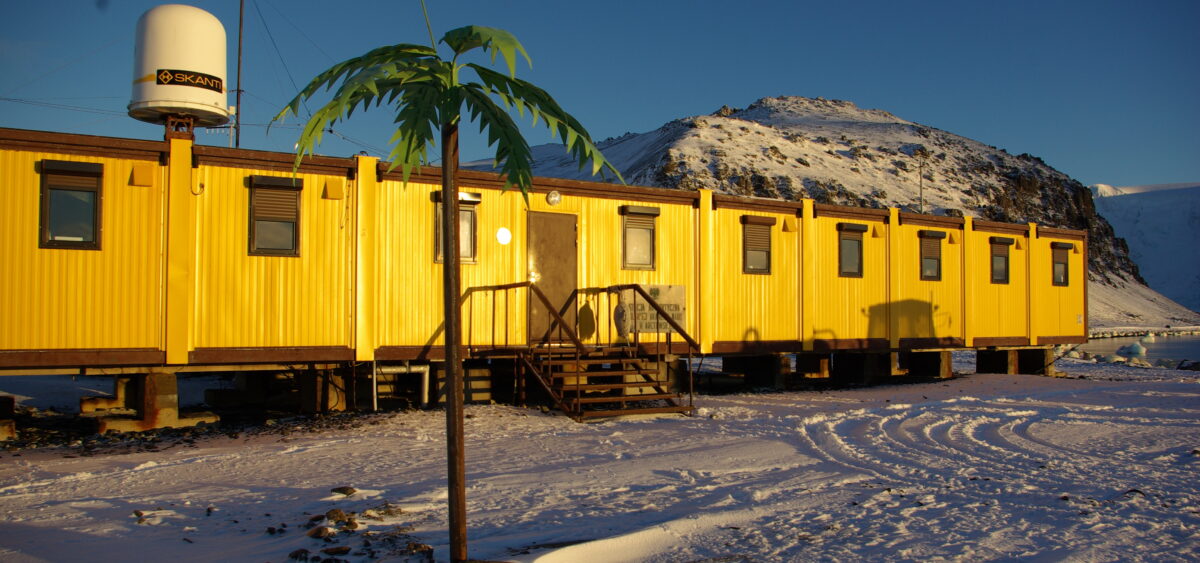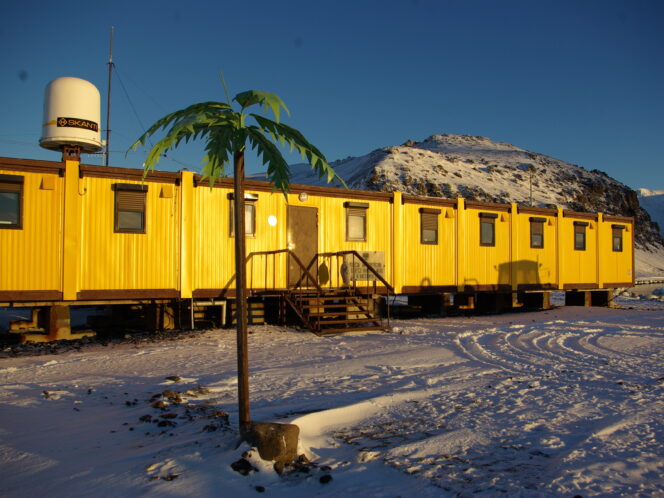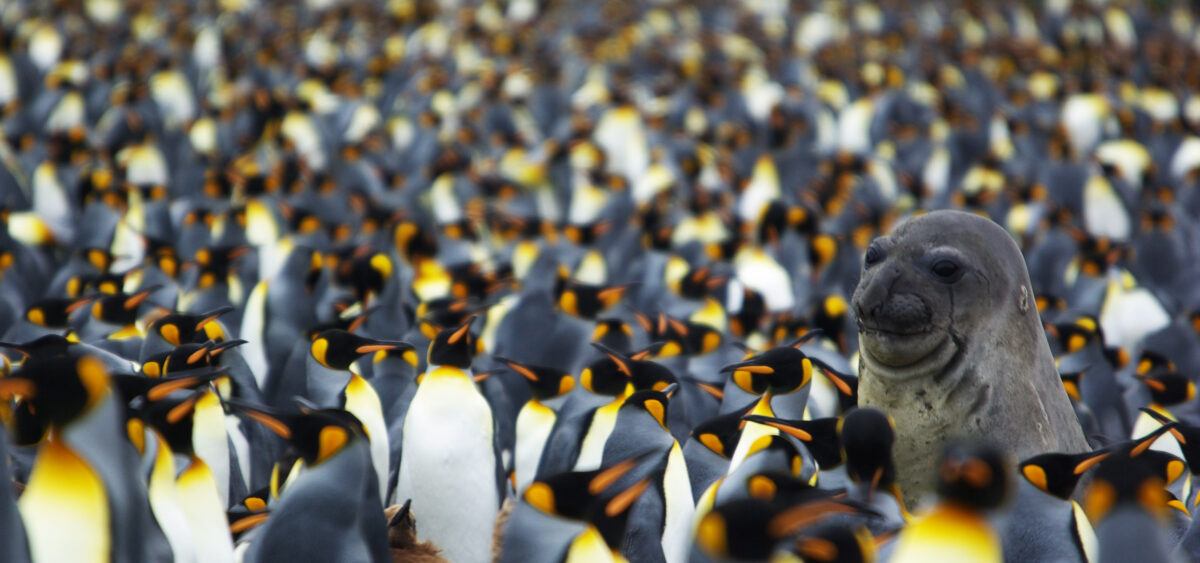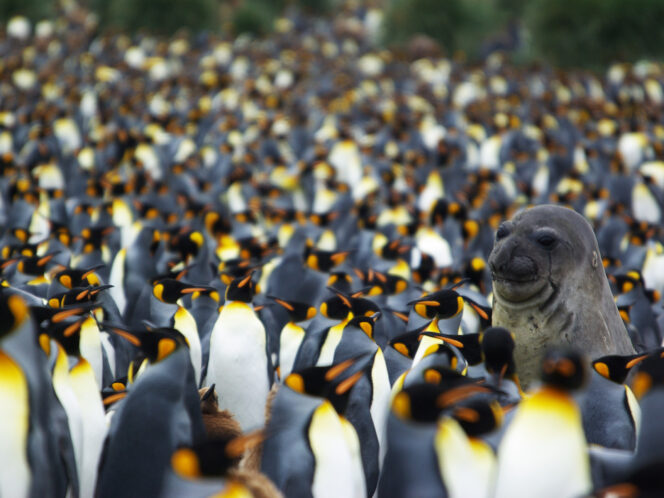
One day, our Antarctic expedition received a package containing a video cassette with the first Polish edition of Big Brother. With a concerned voice, the narrator was explaining that the participants had been locked up together for the past ninety days! We all exchanged glances; it was day 281 of our stay at the Arctowski Station.
The memory above is a story a friend told me, but it gives you a proper picture of what isolation at a polar station means to me. As for myself, I have participated in four expeditions at the Henryk Arctowski Polish Antarctic Station, including two winter-overs, or all-year expeditions.
The way it usually plays out is that in October, a ship leaves the port in Gdynia and arrives at King George Island in the South Shetlands, where Arctowski is located, after a forty-day voyage. The future winter-over staff generally participate in the entire voyage to sync as a team but also to prepare supplies that will have to last for a long time. That’s why during the voyage, a few days are dedicated to activities like cutting up vegetables and dividing them into smaller portions for freezing, sometimes cracking eggs that are then frozen in bags, etc. The ship first makes a stop at anchor in Gothenburg to fill up on special polar fuel for power generators and then in the Canary Islands to stock up on food and water. After crossing the Atlantic, it calls into one of the ports in Argentina, where more food supplies are loaded (including one very important thing: wine). This is also where the winter team is joined by the summer team for the final stretch to the Station. We make it to our destination at the beginning of November, and the unloading starts, which usually lasts around three days. Yet, if weather conditions allow it, we work around the clock. Once all the scientific equipment, food, and fuel for the station are unloaded, the current winter-over staff board the ship and travel to Patagonia; from there, they take a flight back of Poland. From this moment on, the new expedition is for the most part on its own.
Summer on the Copacabana
During the summer, there are as many as forty people at the station, so isolation is not








